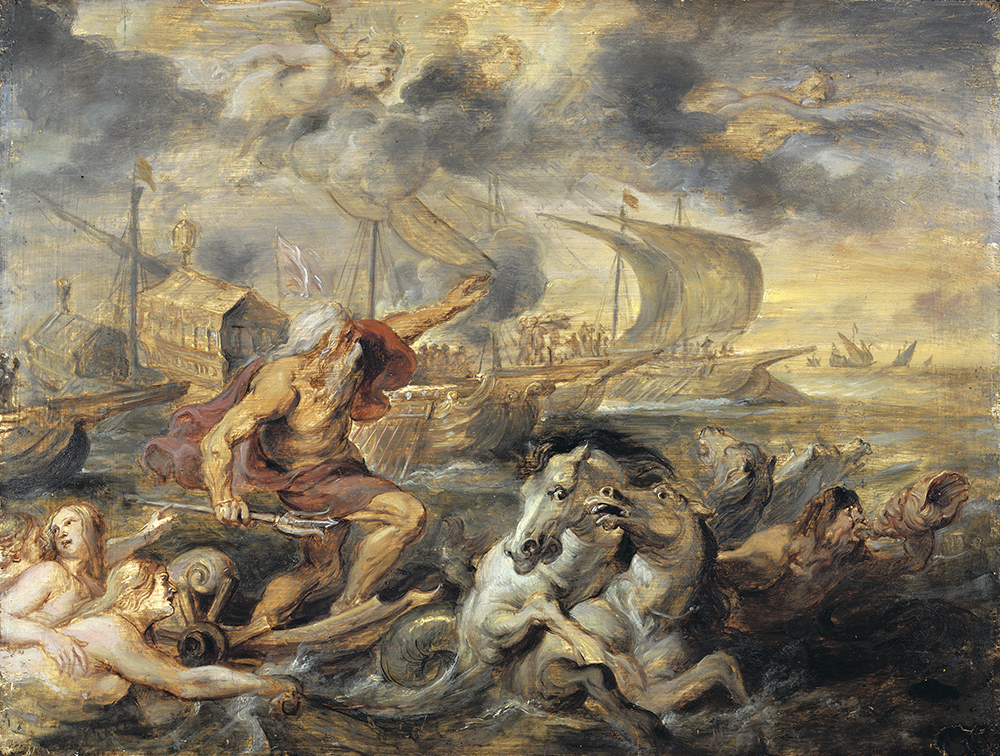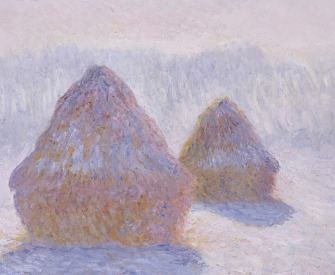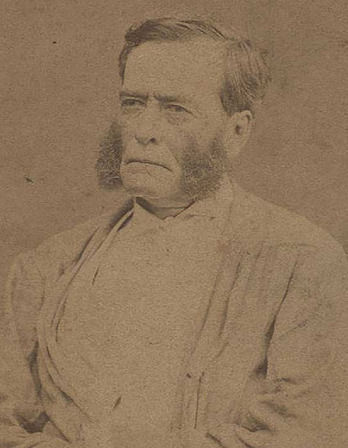Nature never jests.
—Albrecht von Haller, 1751For All Occasions
Mark Twain proposes a trade in climates.
My Dear Hawkins,
A mighty idea has been born to me within the hour, and I must not even stop to say goodbye to my dear ones. A man’s highest duty takes precedence of all minor ones and must be attended to with his best promptness and energy, at whatsoever cost to his affections or his convenience. And first of all a man’s duties is his duty to his own honor—he must keep that spotless. Mine is threatened. When I was feeling sure of my imminent future solidity, I forwarded to the tsar of Russia—perhaps prematurely—an offer for the purchase of Siberia, naming a vast sum. Since then an episode has warned me that the method by which I was expecting to acquire this money—materialization upon a scale of limitless magnitude—is marred by a taint of temporary uncertainty. His imperial majesty may accept my offer at any moment. If this should occur now, I should find myself painfully embarrassed, in fact financially inadequate. I could not take Siberia. This would become known, and my credit would suffer.
Recently my private hours have been dark indeed, but the sun shines again now; I see my way; I shall be able to meet my obligation, and without having to ask an extension of the stipulated time, I think. This grand new idea of mine—the sublimest I have ever conceived, will save me whole, I am sure. I am leaving for San Francisco this moment to test it, by the help of the great Lick telescope. Like all of my more notable discoveries and inventions, it is based upon hard, practical scientific laws; all other bases are unsound and hence untrustworthy.
In brief, then, I have conceived the stupendous idea of reorganizing the climates of the earth according to the desire of the populations interested. That is to say, I will furnish climates to order, for cash or negotiable paper, taking the old climates in part payment, of course, at a fair discount, where they are in condition to be repaired at small cost and let out for hire to poor and remote communities not able to afford a good climate and not caring for an expensive one for mere display. My studies have convinced me that the regulation of climates and the breeding of new varieties at will from the old stock is a feasible thing. Indeed, I am convinced that it has been done before; done in prehistoric times by now forgotten and unrecorded civilizations. Everywhere I find hoary evidences of artificial manipulation of climates in bygone times. Take the glacial period. Was that produced by accident? Not at all; it was done for money. I have a thousand proofs of it and will some day reveal them.
I will confide to you an outline of my idea. It is to utilize the spots on the sun—get control of them, you understand, and apply the stupendous energies which they wield to beneficent purposes in the reorganizing of our climates. At present they merely make trouble and do harm in the evoking of cyclones and other kinds of electric storms; but once under humane and intelligent control, this will cease, and they will become a boon to man.
I have my plan all mapped out, whereby I hope and expect to acquire complete and perfect control of the sunspots, also details of the method whereby I shall employ the same commercially; but I will not venture to go into particulars before the patents shall have been issued. I shall hope and expect to sell shop rights to the minor countries at a reasonable figure and supply a good business article of climate to the great empires at special rates, together with fancy brands for coronations, battles, and other great and particular occasions. There are billions of money in this enterprise, no expensive plant is required, and I shall begin to realize in a few days—in a few weeks at furthest. I shall stand ready to pay cash for Siberia the moment it is delivered and thus save my honor and my credit. I am confident of this.

Neptune Calming the Tempest, by Peter Paul Rubens, 1635. © Harvard Art Museum / Art Resource, NY.
I would like you to provide a proper outfit and start north as soon as I telegraph you, be it night or be it day. I wish you to take up all the country stretching away from the North Pole on all sides for many degrees south and buy Greenland and Iceland at the best figure you can get now while they are cheap. It is my intention to move one of the tropics up there and transfer the frigid zone to the equator. I will have the entire Arctic circle in the market as a summer resort next year and will use the surplusage of the old climate, over and above what can be utilized on the equator, to reduce the temperature of opposition resorts. But I have said enough to give you an idea of the prodigious nature of my scheme and the feasible and enormously profitable character of it. I shall join all you happy people in England as soon as I shall have sold out some of my principal climates and arranged with the tsar about Siberia.
Meantime, watch for a sign from me. Eight days from now, we shall be wide asunder; for I shall be on the border of the Pacific, and you far out on the Atlantic, approaching England. That day, if I am alive and my sublime discovery is proved and established, I will send you greeting, and my messenger shall deliver it where you are, in the solitudes of the sea; for I will waft a vast sunspot across the disk like drifting smoke, and you will know it for my love sign and will say, “Mulberry Sellers throws us a kiss across the universe.”

Mark Twain
From The American Claimant. Twain attempted to write this 1892 novel, about an American inventor and claimant to the earldom of Rossmore, using phonographic dictation. He filled some four dozen cylinders before abandoning the method for pen and paper. In 1876 the humorist delivered a speech to the New England Society on the topic of weather. “I reverently believe that the Maker who made us all makes everything in New England but the weather,” he remarked. “I don’t know who makes that, but I think it must be raw apprentices in the weather clerk’s factory.”



